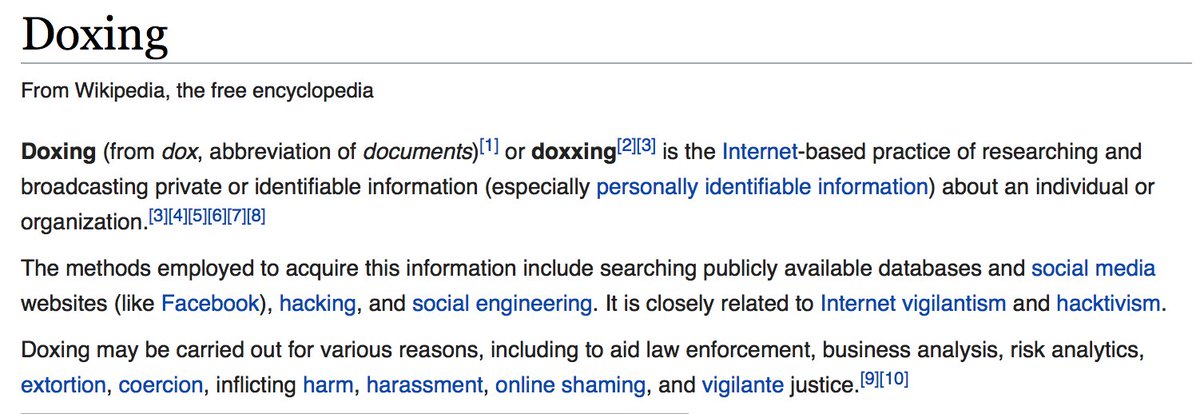It's a lot harder than it seems to write a good exam.
For a topics course, you decide. Be clear.
Include 10%-ish F-bombs (most students will get near perfect scores) and 10%-ish A-makers (few students will get perfect scores).
Why? Whether Coursehero, or a student society, or athletes, there is a group of students with copies of your past exams. Accept it and equal the playing field.
You figure it out through experience.
You wrote an ambiguous question, they aren't the experts in the field, or mind readers.
I allows students to write "I don't know" as an answer for 2 points on any question (range is 5 to 15 points). No hedging: it's all or nothing.
My benefit: speeds up grading, & no guilt when giving a student 0 points.
Their benefit: denial is harder.
(Advanced) Design the midterm to have a diagnostic element, esp. in principles/intermediate/toolkit classes. Is it math they are struggling with? Short answer? Graphs? This well help students identify and focus their attention, esp. if the problem is not the course material.
They then submitted their question+answer to me, which I posted (ungraded).
I would let them use the class prior to the exam as a review session, where they discussed the problem they submitted.
I now aim for 3/4 of the exam time to give students the chance to review their answers, or mess up and recover on a question.
If you know what you're doing, it's fast. If you don't, it's slow. It may cost you the ability to go back and review the exam, but you should still have time to finish.
You will need to edit the GK once you start grading, but it will help make sure (1) you have included the required information and made the problem doable.
(2) How the question contributes to your distribution.
(50% failed the prelim, & obviously I eventually passed).
This is something I've done for more math-intensive courses. Students can ask me to write/correct their exam answer during the exam but it will cost them points. (Use a red pen so it's really clear you've written something).
You are assessing the students mastery of the material. It is not about your ego. It's not about establishing a reputation for a difficult class.
So: I don't use MC. But I've been convinced that a good MC exam is possible *if* well designed.
Do not assume the MC included in the textbook exam guide are well designed either! Textbooks are rarely written by teachers.
This helps students don't want to seem "pushy" or engage in actions that could even vaguely appear like they are asking for an unfair advantage.
I'll send a picture of the board to accessibility services halfway through the exam so that all students have the same info.
I also teach my students the F-bomb & A-maker terms in context of my exam design. I've found it helps students who get anxious/obsessive because "the question seems too easy".
The 2nd-to-last exam q asks whether they think their score is above, below, or approximately average. The last q asks them to guess their score (margin of 5) w/o these 2 qs.
The question *must* have points associated with it to avoid false bravado/modesty answer.
First years actually are pretty good at knowing where they fall in the distribution (below/at/above) but are wildly optimistic about the score associated with that rank ("Average, score of 88"). The q-combo helps them contextualize/process their exam score.



